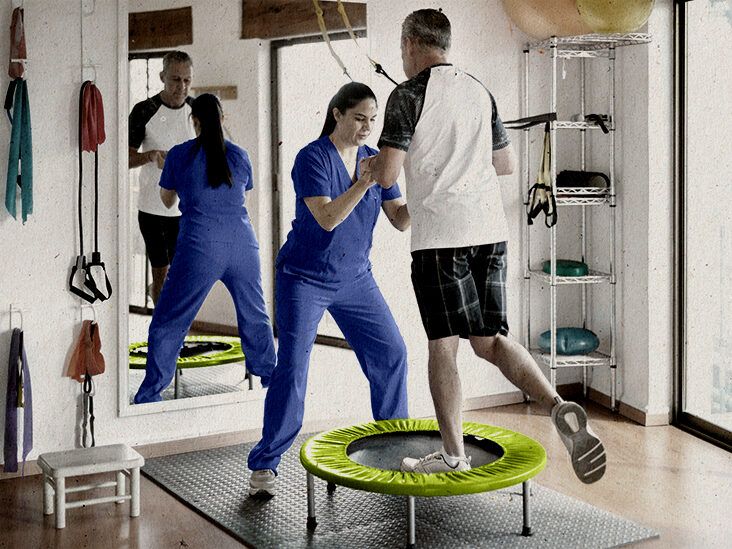Improving Efficiency and Reducing Harm Risk through Thorough Assessment of Equilibrium and Stability via Practical Movement Assessment.
Improving Efficiency and Reducing Harm Risk through Thorough Assessment of Equilibrium and Stability via Practical Movement Assessment.
Blog Article
Balance and steadiness are crucial components of bodily wellness and general well-being. They play a vital role in daily tasks, athletic capability, and harm avoidance. When an person has strong equilibrium and stability, they are less likely to fall or sustain injuries during physical activities. One effective way to assess these qualities is through Functional Movement Screening (FMS). FMS is a tool used to evaluate movement patterns and identify imbalances or weaknesses that could lead to injuries.
Functional Movement Screening involves a series of specific tests that examine how well a individual functions. The tests concentrate on basic actions such as squat, lunge, and flexing. By watching these actions, coaches and medical experts can identify areas where an individual may struggle. For instance, if someone has trouble keeping equilibrium while executing a squatting, it may suggest a need for specific workouts to improve strength and coordination. This assessment not only identifies weaknesses but also helps to monitor advancement over a period.
In addition to this to identifying areas for enhancement, FMS serves a crucial part in avoiding injuries. Many injuries occur as a result of poor motion mechanics, which can be detected through functional assessments. By addressing these issues early on, individuals can lower their likelihood of athletic injury rehab harm during athletic or other physical activities. For instance, a jogger who shows an discrepancy in their gait may be more prone to leg harm. By adjusting these discrepancies through specific training programs, the likelihood of injury can be substantially reduced.
Additionally, improving performance is another benefit of performing a comprehensive assessment of balance and stability. Athletes and active persons often aim to enhance their performance in specific activities or exercises. A comprehensive understanding of their movement patterns allows trainers to develop customized exercise regimens that target particular deficiencies. By enhancing balance and stability, sportspeople can improve their total capability, whether it’s running more quickly, leaping higher, or executing precise actions in their activity.
In conclusion, the importance of evaluating balance and stability through Functional Motion Assessment cannot be overstated. This comprehensive evaluation serves as a basis for improving physical wellness, avoiding injuries, and improving athletic news capability. By recognizing areas of weakness and implementing specific exercise strategies, individuals can attain better outcomes in their physical exercises. Focusing on equilibrium and stability not only results to better performance but also contributes to a more wholesome, more active way of life.